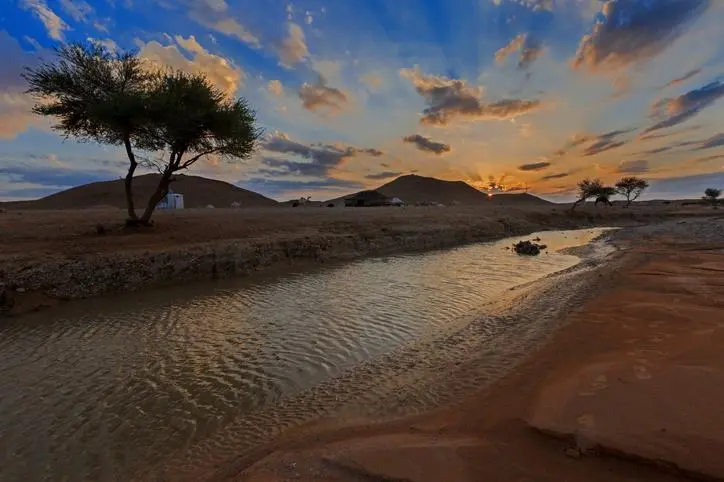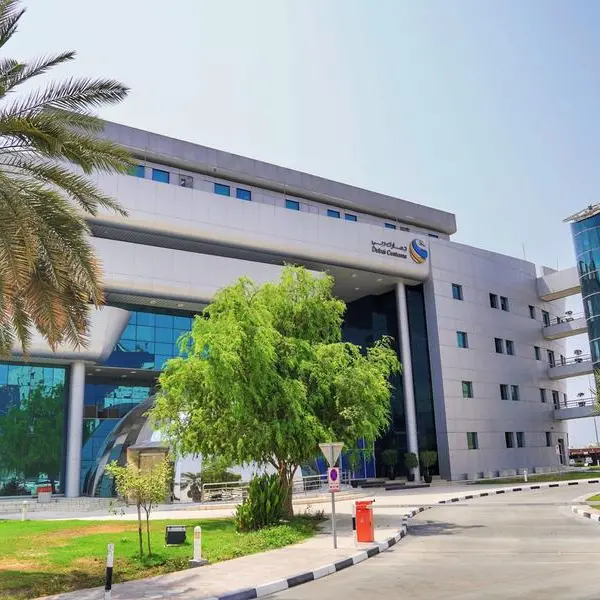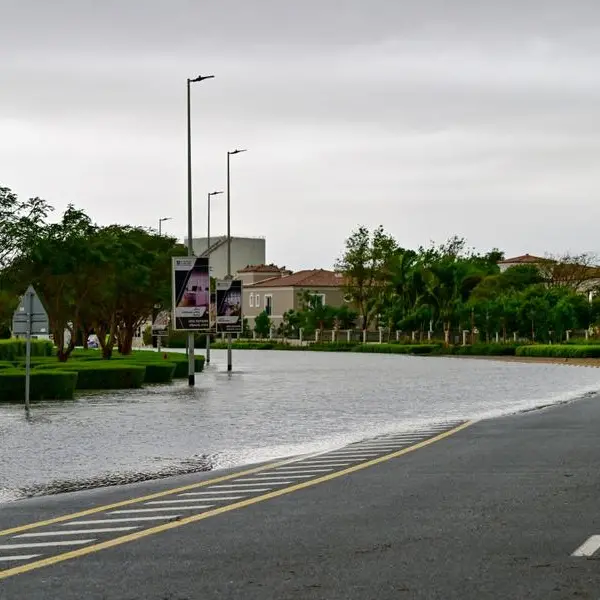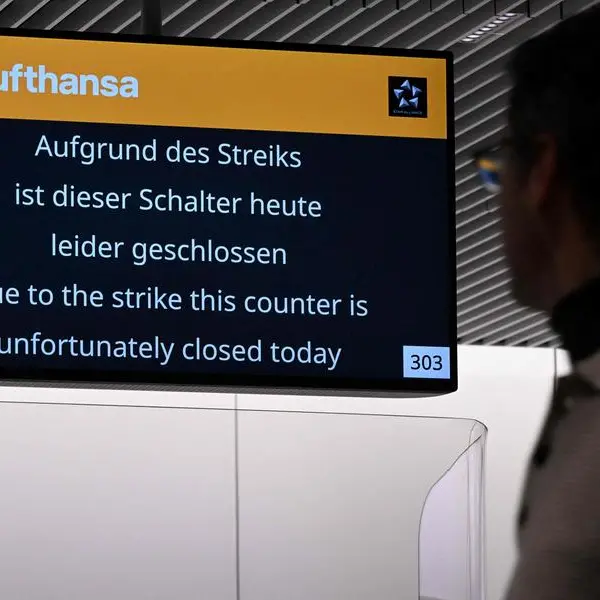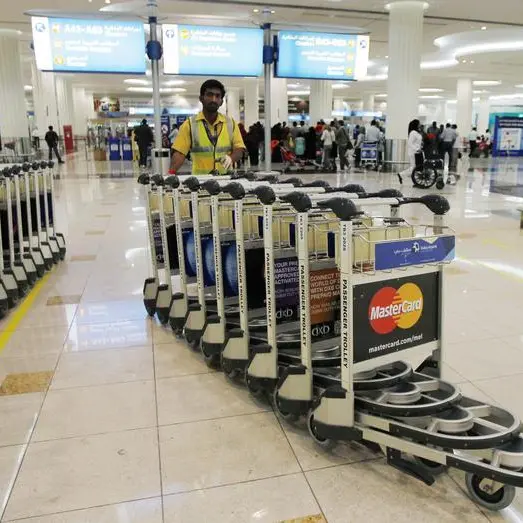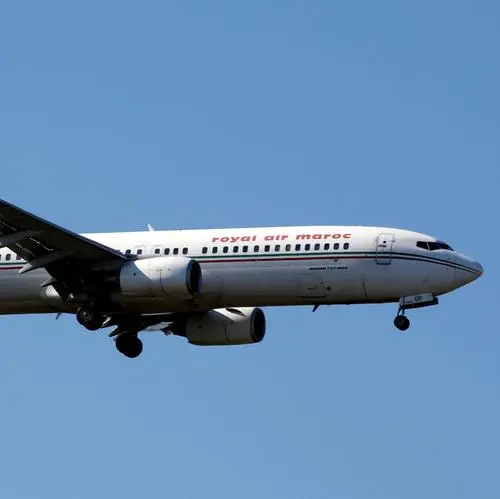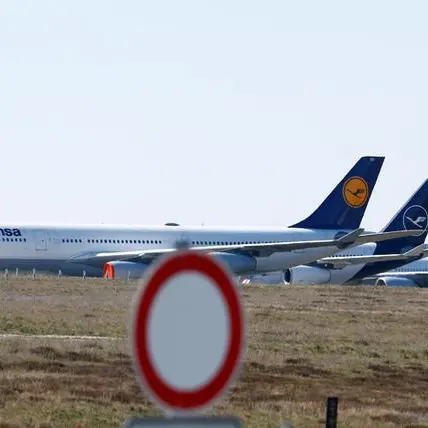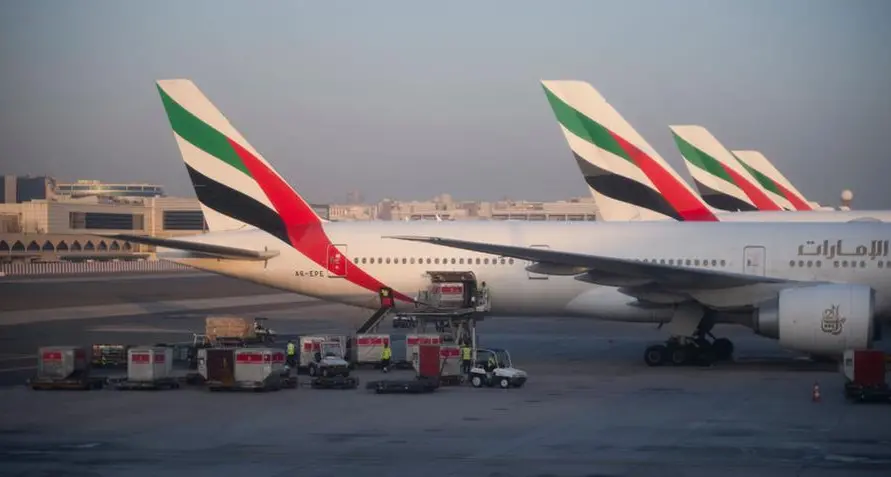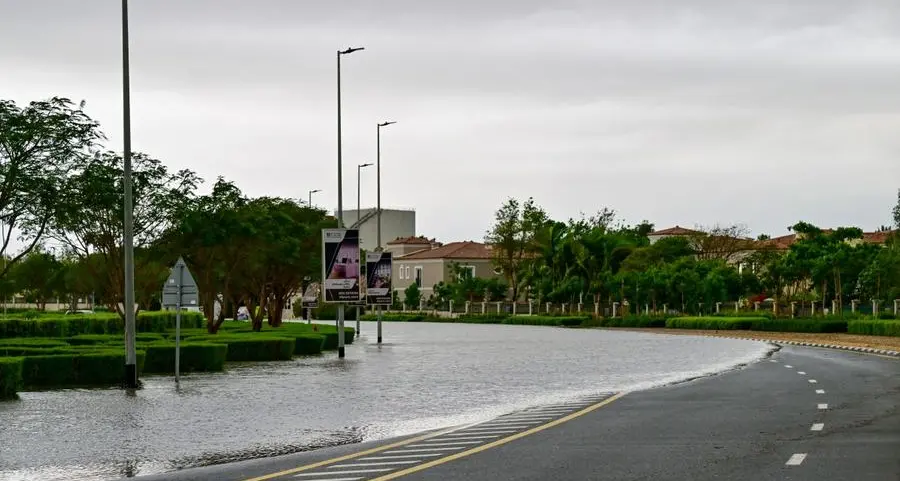PHOTO
Several travel companies have said they are working on plans to introduce new resorts or upgrade current facilities to be ready for whenever Saudi Arabia moves ahead with procedures to revamp its leisure tourism industry and introduce a new tourist visa.
“We are really centring our focus on Saudi. We have announced a 1.3 billion (Saudi) riyals first phase re-development into our (Al Faisaliah) district,” Hanyah Bakhurji, the director of corporate marketing and communications of Saudi Arabia’s Al Khozama company, told Zawya in an interview last week.
Al Khozama develops and manages several commercial properties in the kingdom including the Riyadh-based Al Faisaliah District mixed-used development, anchored by the Al Faisaliah Tower and a Rosewood Hotel.
Over the past two years, the kingdom has been working on a plan to boost growth and diversify its sources of income away from its reliance on oil revenues. Saudi Arabia is the world’s largest exporter of oil and was hit hard by the sharp fall in oil prices that started in 2014. In 2016, the kingdom announced its Vision 2030 plan that includes a sweeping set of economic reforms, including an overhaul of its tourism sector.
Last month, the kingdom opened its first movie theatre complex in decades and next month a longstanding ban on women driving cars is due to be lifted. Tourist visas are expected to be issued soon. Currently, only resident employees and their families, business travellers, and Muslim pilgrims are allowed to travel to Saudi Arabia.
Hilton’s vice president for operations in the kingdom, Kamel Ajami, also told Zawya in an interview last week that the hotel chain, which currently has 10 properties in Saudi Arabia, plans to open 30 more in the future. He did not give details about the timing or location of proposed openings.
Fadi Mazkour, the regional director of MENA Hotels and Resorts, a chain owned by Saudi Arabia’s Al Hokair Hospitality group that was established in Saudi Arabia in 1975, said that his company is currently studying proposals to launch new hotels in Saudi Arabia.
“I believe with the megaprojects happening now, we will see some real tourism, whether internally from within the GCC or from abroad,” Mazkour told Zawya.
Ibrahim Alfati, general manager of the 614-room Makkah Millennium Towers complex, said his company will undergo renovations to its hotels to be ready to welcome “an expected surge in the tourists coming to Saudi Arabia”.
According to Al Khozama’s Bakhurji, the kingdom’s announcement of its economic plan was great news to the tourism sector.
“Vision 2030 was music to our ears. We are extremely happy with what is going on with vision 2030 in Saudi right now,” she said.
Swimwear, alcohol and other challenges
Alcoholic beverages and swimwear considered to be revealing are both currently outlawed in the kingdom.
However, four industry professionals Zawya spoke to expected easing of restrictions on women dress in certain tourist destinations, but none thought it likely the kingdom would permit the sale and consumption of alcohol.
Hussein Hatata, Al Khozama’s vice president of the hospitality division told Zawya that more liberal women dress rules may be allowed in areas designated for tourism, such as the proposed tourism project planned to spread over 50 islands on the Red Sea coast. However, he said he does not expect Saudi to allow alcohol.
“Swimming suits could be permitted in the future, but will depend on the location of the islands and its distance from the holy cities,” he said.
Aboudi Asali, the CEO of the UAE’s Sharjah Hospitality Management Holdings, said it is keeping a watching brief on developments in the kingdom, where it already operates one hotel and is planning to open two more within the next couple of months. He told Zawya in an interview last week that the company’s operations were well-suited to the kingdom as none of its existing hotels sell alcohol.
“Our proposition is no alcohol. We know very well how to operate properties with that concept. It's not just taking out the alcohol from the minibar. It's much more,” Asali said.
“We see that other operators are struggling with that. They operate in jurisdictions with no alcohol, but really just operate as a normal hotel. We have the marketing strategy, we have the right concepts, we have the right food and beverage concepts and we have the right clientele that is looking for a full-fledged no-alcohol concept,” he added.
Mazkour from MENA Hotels and Resorts said the focus in Saudi now is on the issuance of tourist visas. “To talk about alcohol, it is a bit too early to talk about whether it is going to be allowed or not allowed,” he added.
Alfati, the general manager of the Makkah Millennium Towers complex, said one of the main challenges that could face the sector in Saudi is the lack of hospitality training offered to the local workforce. “The Saudi youth used to like to be served, but not to serve,” Alfati said. “That is changing now.”
The Saudi government has been pushing to increase the number of Saudi employees in the workforce via an ongoing Saudisation programme. According to local media reports, in August last year the Saudi Commission for Tourism and Heritage said that senior leadership roles in the travel and tourism sector should have been made available to Saudis by the end of last year.
According to the CEO and co-founder of Tajwal online travel booking service, Muhammad Chbib, the GCC’s most populous nation and the Middle East’s biggest economy is certainly moving on the right track.
“You see all the changes happening in Saudi now, so Saudi is finally migrating towards using its entire potential, and its potential is huge when it comes to domestic travel. It has so many cultural sites that people do not know of sufficiently. So the Saudi government has embarked on a journey to really the people what is going on in Saudi, what they can see in Saudi.”
What can a tourist do in Saudi?
Archaeological destinations:
Saudi Arabia has several sites of archaeological significance, such as the Nabatean city, located on the Saudi Red Sea city of Jeddah and the ancient Al Hejaz railway station in Medina.
“You will be surprised how much archaeological sites exist actually in Saudi Arabia. It is the best-kept secret in the world,” said Fadi Mazkour of MENA Hotels and Resorts.
Holistic and wellbeing retreats:
The kingdom’s tourism revamp could help the country, home to Islam’s two holiest sites, to extend their visits to the two holy cities and enjoy relaxation treatments.
“It could be a destination for those looking for holistic and wellbeing retreat,” according to Al Khozama’s Bakhurji.
Big family destination:
The extended nature of the Saudi family has meant that travel companies are accustomed to catering for large family groups with lots of children. According to Tajwal’s Chbib, the average Saudi family has five children, so travel companies are accustomed to providing living accommodation that would suit both domestic travellers and foreign tourists with big families, or those travelling in big groups.
“There is a different demand when it comes to what type of accommodation is (offered) in Saudi,” Chbib said. He said that Saudi is a destination for “the family traveller, (or) where there is a need for halal food, (or) close to shopping destination(s)”.
(Reporting by Yasmine Saleh, Additional reporting Michael Fahy, Editing by Michael Fahy)
Our Standards: The Thomson Reuters Trust Principles
Disclaimer: This article is provided for informational purposes only. The content does not provide tax, legal or investment advice or opinion regarding the suitability, value or profitability of any particular security, portfolio or investment strategy. Read our full disclaimer policy here.
© ZAWYA 2018
